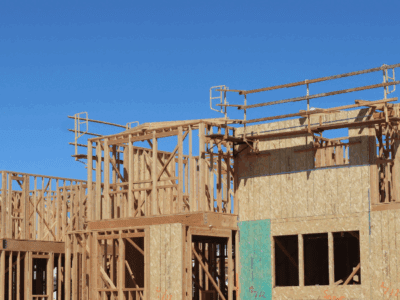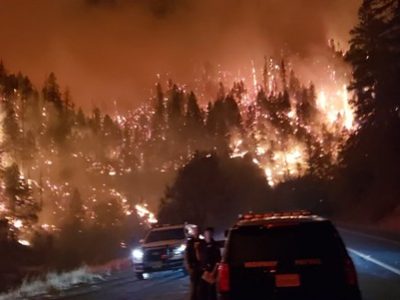Adapting to Increased Flood Risk in the Midwest
Here is a blog post about adapting to increased flood risk. I wrote it after reading this news release. This is the “classic adaptation two-step”. In the first step of the dance, climate scientists identify location specific climate trends. In this case, the RMCO research documents 50 year trends in increased flood risk in states such as Illinois and Ohio. In the second step of the dance, self interested households, firms and local governments respond to this information and the aggregate consequence of these small investment decisions is increased adaptability in response to climate change.
In a nutshell, individuals have a variety of coping strategies including (but not limited to) moving within the city, fortifying their home against flood risk or simply moving valuable stuff out of their basement. Firms will have increased incentives to dream up new products that help households to cope with flooding (i.e the cheap sand bag?). Insurance firms through differential pricing of flood insurance can affect the spatial distribution of where households live and what materials their homes are made out of and this will reduce flood damage. Local governments will have incentives to invest in storm drains and engineering approaches to redirect water away from the central population. Local governments will also using zoning regulation to reduce density in the flood zones.
Together these efforts will sharply reduce the flood damage. Why am I so sure? The land owners in these cities know that if flood risk sharply reduces the area’s quality of life then the footloose skilled will move and the city will enter a death spiral. This anticipated loss of real estate value for hundreds of thousands of people in a city creates a strong interest group looking for adaptation solutions. The mayor of the city will also recognize this dynamic logic and will seek out solutions to protect the “golden goose” and keep attracting and retaining the skilled to live in the flood prone city.







Reader Comments